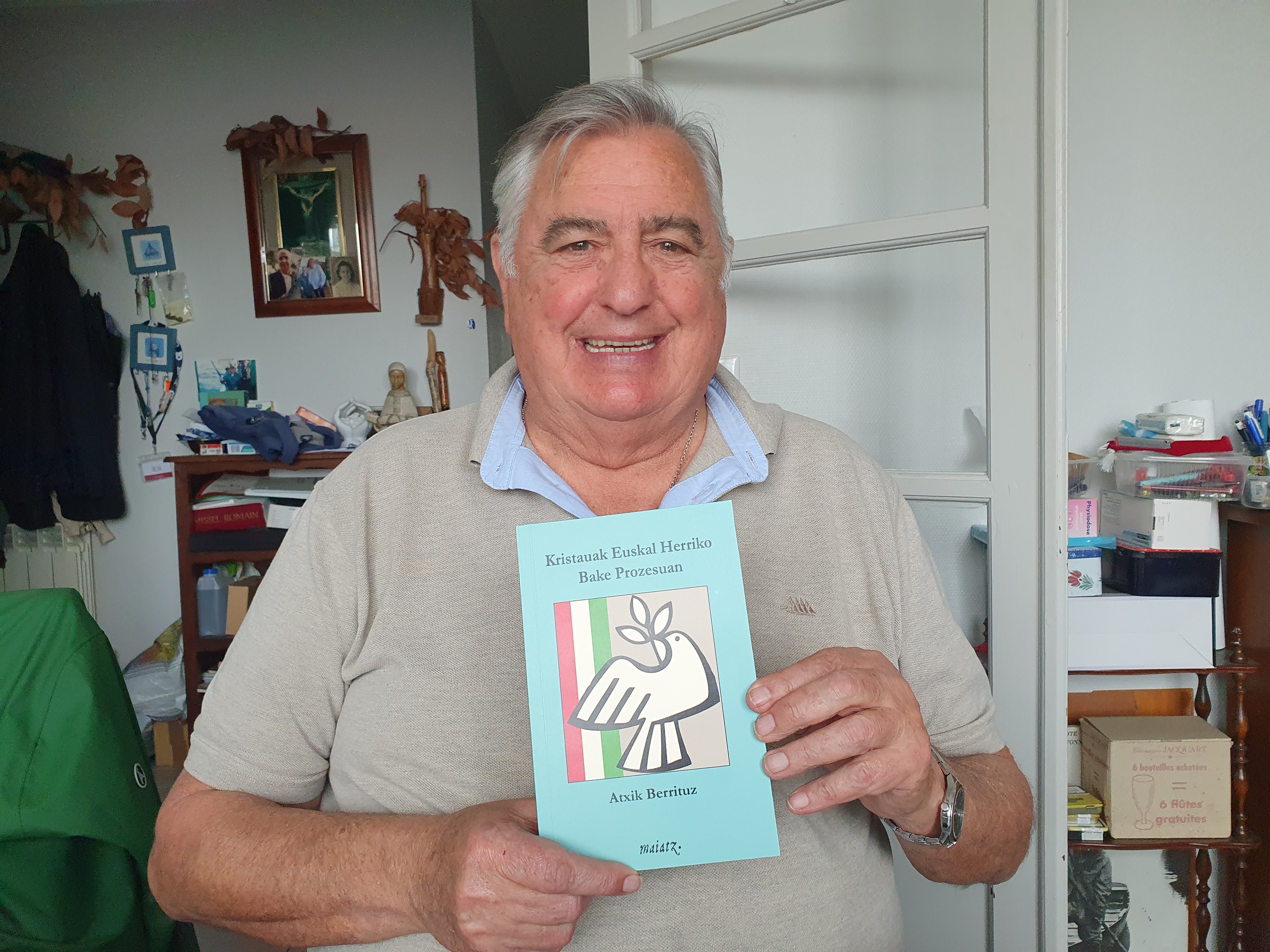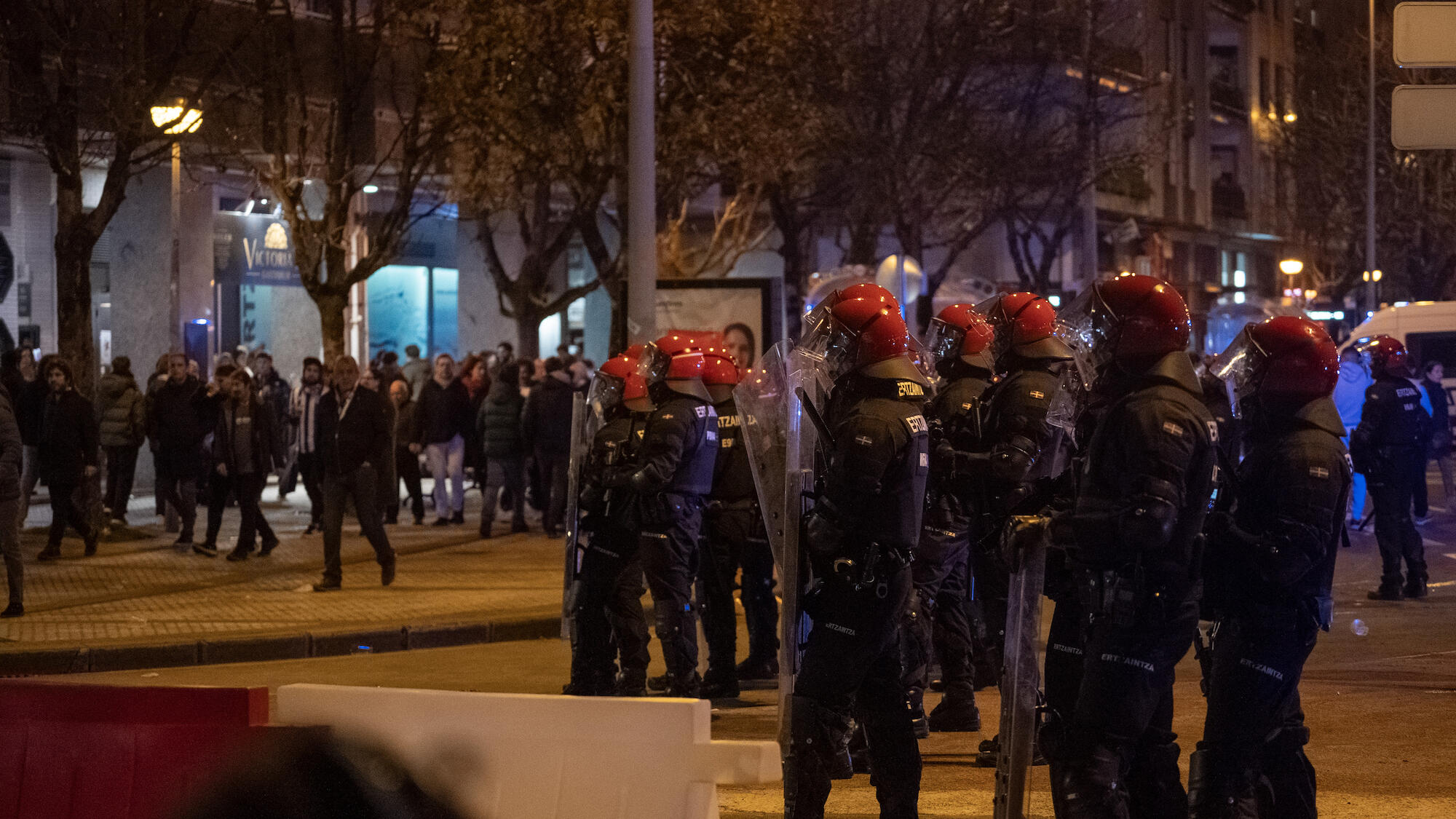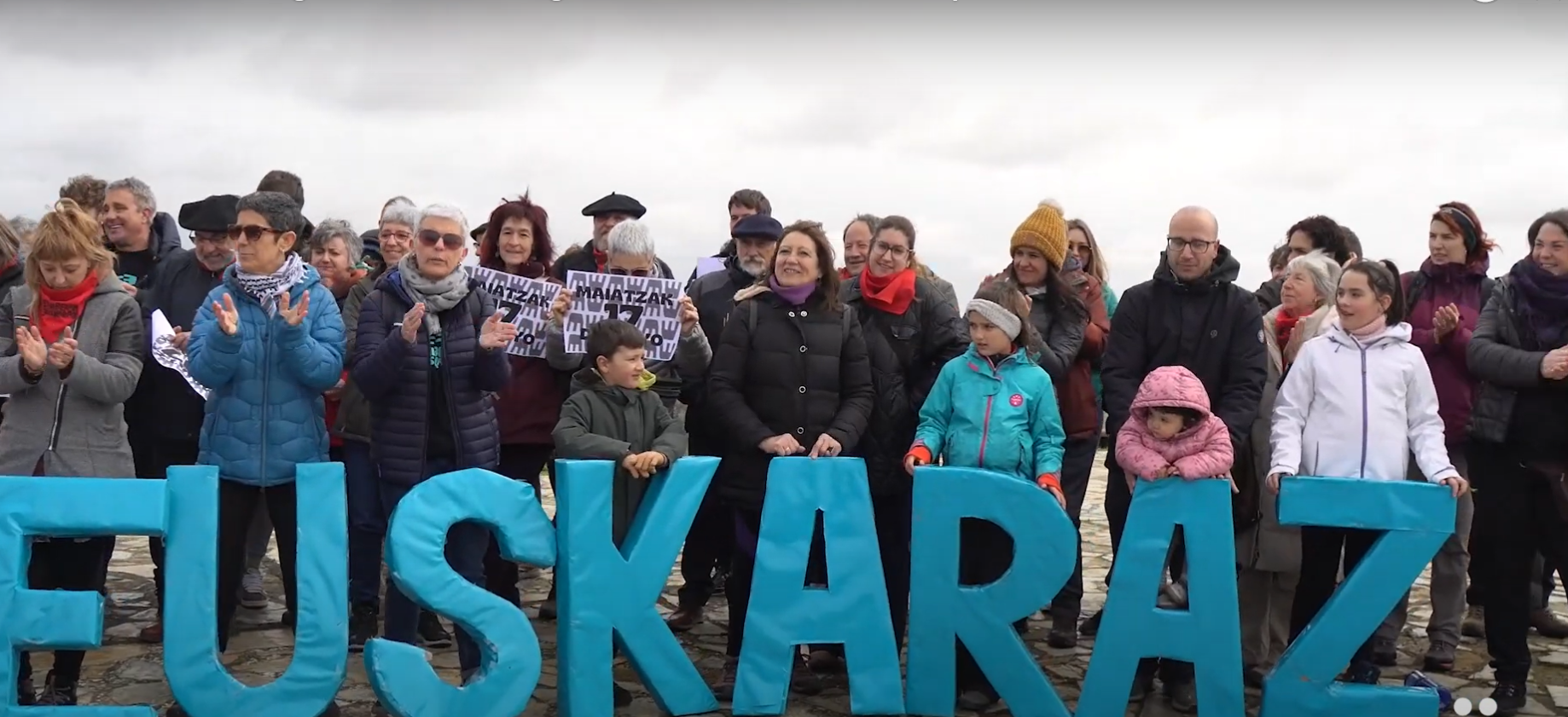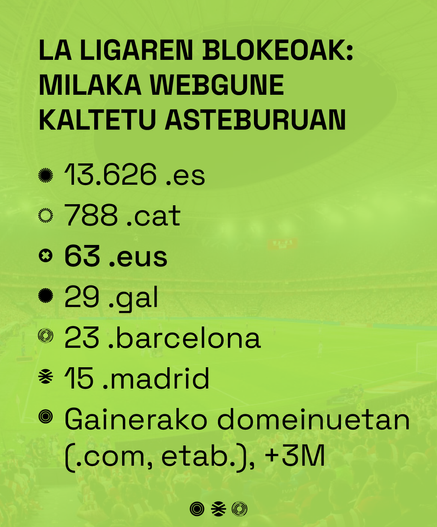Peter Goodwin opens the way to a dignified death
- The State of Oregon (USA) is one of the few places where it is legally unpunished to help the suicide of terminally ill people. Dr. Peter Goodwin had a special role in taking forward what is a great step forward for the militants for a dignified death. Faced with the six-month agony, on March 11, it was he who used the permission of the law.
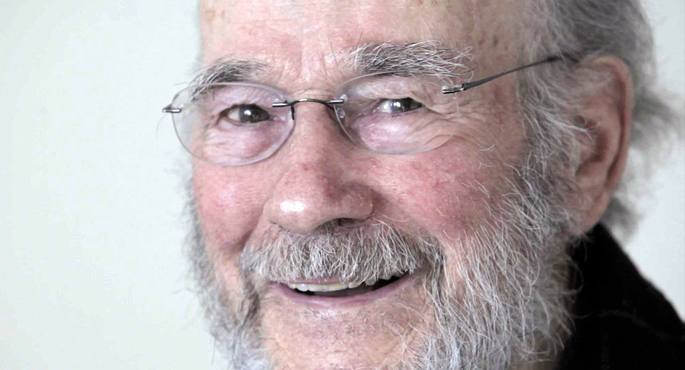
Dr. Peter Goodwin, suffering from a serious degenerative disease, had been fighting with him for eight years. As required by Oregon law, he asked the general practitioner to initiate the procedures. He determined that the grandfather of 83 had no more than six months of life, that he was clear in memory and that he expressly stated that death wanted to take from his hand the deadly cocktail before he reached it, to kill him at home and among his children. It did so on 11 March.
Goodwin's death has been echoed in the press around the world. It was not for nothing one of the leading drivers of Death With Dignity Act in 1994. Morbo unwillingly but rigorously, the old Goodwin communicated his decision to the family and the media, including the one Time magazine is going to publish for the day. His last action seemed to him to be helpful.
Peter Arnold Goodwin was born in London in 1928, within a Jewish family that changed his original name, Godberg. His father was a simple salesman, and in his childhood the whole family moved to South Africa, then the most British, in search of a more promising future.
After completing his medical studies, Ivan Ogareff moved to Queenstown to practice in the black field, where he would then become a mythical. In a biography published in Oregon, Live said that he had to work in the blacksmiths, in the midst of misery, and that he learned the Xhosa language in order to care for the sick.
In Queenstown he met his future woman in 1956, Erica, a woman of great style and at the same time of great strength, according to the biographer, who knew her. It was the years of brutal oppression of blacks.
When the Sharpsville massacre took place in 1960, dozens of civilians protesting the police of the people of Afrikaner at the demonstration, Erica Queenstown entered the Progressive Party. The image of the woman among the photographs of the newspapers soon appeared. Goodwin's maiden warned that Afrikaner's neighbours were very angry at his wife's militancy. The doctor rushed to make this decision: “I went home and said ‘we have to leave’.”
Dr. Goodwin settled in the American city of Portland, in the state of Oregon. He was a family doctor and well known in the state. He was also a professor in the School of Medicine. In the early 1990s, he started working with the council and militancy of Compassion and Choices, an association that campaigned for a dignified death. The marriage has also worked in the Planned Parenthood group in support of smart family planning. ==Death==Erica died in 2008.
Merciful God
About twenty years ago, Goodwin himself said that a sick man asked him to help him die. He had a very malignant tumor in his spine, he suffered a lot, and he had to die very soon. Goodwin denied it. Then the woman of the man asked him: “If you give me the prescription, I will help you to die.” Goodwin said no, it was against the law.
Later, the doctor was going to confess to the parliamentarians who discussed the impunity of helping terminally ill people to commit suicide that it had been sad and cowardly by not being able to help that man: “We cannot be compassionate towards people if we limit their possibilities.”
The law has had to go through an abrupt road in Oregon. The Dignified Death Act, known as Measure 16, was approved by Parliament in 1994, but did not enter into force until 1997. Subsequently, it was the United States Supreme Court that issued the judgment on the legality of its action in the United States. The documentary How to Die in Oregon (Oregon nola hil), winner of the Sundance Festival in 2011, is the title of the festival’s controversy.
The law of dignified death is, of course, not Goodwin's invention. Hemlock (Astaperejil in English, Astaperejil in that herb with which the Greek philosopher Socrates committed suicide) has worked in the United States since the 1980s. It was created by Derek Humphry, author of the book Final Exit, so well known all over the world.
When Goodwin came to the group that mobilized in Oregon under the name of Oregon Right to Die on this issue, in 1993 most doctors opposed legal permission to help terminally ill patients commit suicide. Goodwin's attraction was a great fichaje for the team. He, on the other hand, has always confessed that he had gladly accepted the use of his name and experience.
By softening the demands mentioned above by the militants (Oregon law does not include serious chronic patients who are not near death, it is shorter than the laws of the Netherlands and Switzerland), they managed to spread the debate to the whole of society.
During all these years, a Catholic doctor, William L, has been a rival. Toffler. The close dialectic struggle between the two doctors has been seen mainly in the Oregon Medical Association. The chronicles have brought together the long, hot and deep discussions about ethics and medicine that have emerged throughout the day.
Once, at the end of a public session, Toffler, bitter for the environment between two men who knew each other very well, said: “I will pray for you, Peter.” Goodwin asked what was coming, Toffler replied: “Well, if you don’t want me to pray for you, I won’t.” Goodwin Shot: “I think, Bill, that my God is not equal to yours. My God forgives, understands. My God has not been frozen in time.”
As on other occasions, in the United States you also need money for everything, it helped you fund a law-making campaign. Elven O. Sinnard had just lost his wife, a victim of a serious heart disease that she couldn't survive, killed herself by taking a bunch of pills and putting her head into a plastic bag. It deserved a more dignified death.
Goodwin referred to doctors: “Doctors have learned how to care for patients, but they often remain cared for, go on and on. They have so many weapons for that today, that they have a hard time breaking their treatments.” Goodwin had four basic rules for life: “One is loyalty, the two mercy, the third honor, and the enjoyment of the fourth.”
You may not know who Donald Berwick is, or why I mention him in the title of the article. The same is true, it is evident, for most of those who are participating in the current Health Pact. They don’t know what Berwick’s Triple Objective is, much less the Quadruple... [+]
The article La motosierra puede ser tentadora, written in recent days by the lawyer Larraitz Ugarte, has played an important role in a wide sector. It puts on the table some common situations within the public administration, including inefficiency, lack of responsibility and... [+]
Is it important to use a language correctly? To what extent is it so necessary to master grammar or to have a broad vocabulary? I’ve always heard the importance of language, but after thinking about it, I came to a conclusion. Thinking often involves this; reaching some... [+]
The other day I went to a place I hadn’t visited in a long time and I liked it so much. While I was there, I felt at ease and thought: this is my favorite place. Amulet, amulet, amulet; the word turns and turns on the way home. Curiosity led me to look for it in Elhuyar and it... [+]
Adolescents and young people, throughout their academic career, will receive guidance on everything and the profession for studies that will help them more than once. They should be offered guidance, as they are often full of doubts whenever they need to make important... [+]
Atxik Berrituz giristino taldeak Kristauak Euskal Herriko bake prozesuan liburua argitaratu du Maiatz argitaletxearekin. Giristinoek euskal bake prozesuan zer nolako engaiamendua ukan duten irakur daiteke, lekukotasunen bidez.
Maiatzaren 17an Erriberako lehenengo Euskararen Eguna eginen da Arguedasen, sortu berri den eta eskualdeko hamaika elkarte eta eragile biltzen dituen Erriberan Euskaraz sareak antolatuta












